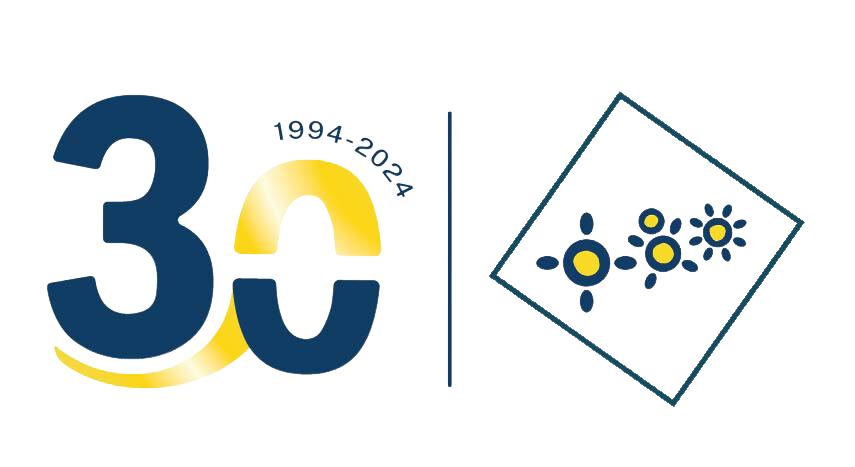So far this year, approximately 26,000 refugees and migrants have arrived on the Greek islands – approximately 37 percent of them are children. These children and families have been forced to flee their homes due to conflict and poverty and risk everything in search of safety and opportunities for a better life.
But they are not finding such opportunities on the islands. Thousands of refugees and migrants, including children, are living in overcrowded, unsanitary and dangerous accommodation centers. Conditions are increasingly unbearable.
The Reception and Identification Center in Moria, on the island of Lesvos, is the largest such center. Its maximum capacity is 3,100 but now hosts more than 7,500 people, nearly one-third are children.
UNICEF, with local partners, runs a child and family support center in Moria called the TAPUAT Center, where the most vulnerable refugee and migrant children and women have daily access to essential services, including psychosocial support, and education classes.
Below – in their own words – are the stories told by children and young people who regularly attend the TAPUAT Center and live in Moria.
Why did you come to Greece and how did you get here?
Back in Afghanistan, some people were threatening my father. “If you do not leave this place, we will kill your children,” they said. We took the smuggling way.
We started our journey in Kabul, my city, and from Kabul we went to Turkey. We left Afghanistan to Pakistan, to Iran and Turkey. The crossing to Pakistan was good, but the crossings to Iran and Turkey were very difficult. It was wintertime, there was a lot of snow and it was very cold. I traveled with my family, my four siblings and my parents.
Can you explain what your life is like now?
Since two months, I live outside of Moria camp. We call it ‘the Jungle’ side, in the olive groves.
It is only our family. My parents and five children live in a tent. For us it is bearable, but for my younger brother, it is extremely hard because he is a newborn. Also, winter is coming and we know it is going to be very hard.
Sometimes I have good days, sometime I have bad days. During the day, we have a lot of appointments, like we go to the doctor, we have interviews, or other appointments for vaccinations.
My biggest problem is that I live in the Jungle.
What is the best thing about your life right now?
My family’s happiness is very important for me, and I like watching the sea.
Do you feel safer here than at home?
Yes
If you had the opportunity to represent the other children living in Moria, and to tell the world one thing about what happened to you, what would it be?
They should not leave children living in Moria. Children should have a better place to live.
Do you have a dream for the future?
I want to become a pediatrician.
Why did you come to Greece and how did you get here?
Because of the war in my country. From Aleppo to Greece, we needed three months. We are a family of six. I travelled with my two parents, my two brothers, and my sister. My youngest brother is two and a half years old, and I have a twin brother. We crossed Syria to go to Turkey and then we went to Greece. It was scary. I arrived one month and 10 days ago.
Text by UNICEF. Interviews were conducted by Elena Moustaka, Manager at UNICEF’s child and family support hub, TAPUAT – a project implemented by UNICEF partner Better Days in Lesvos, Greece.
Photo: UNICEFGreece/2018/Pavlos Avagianos





